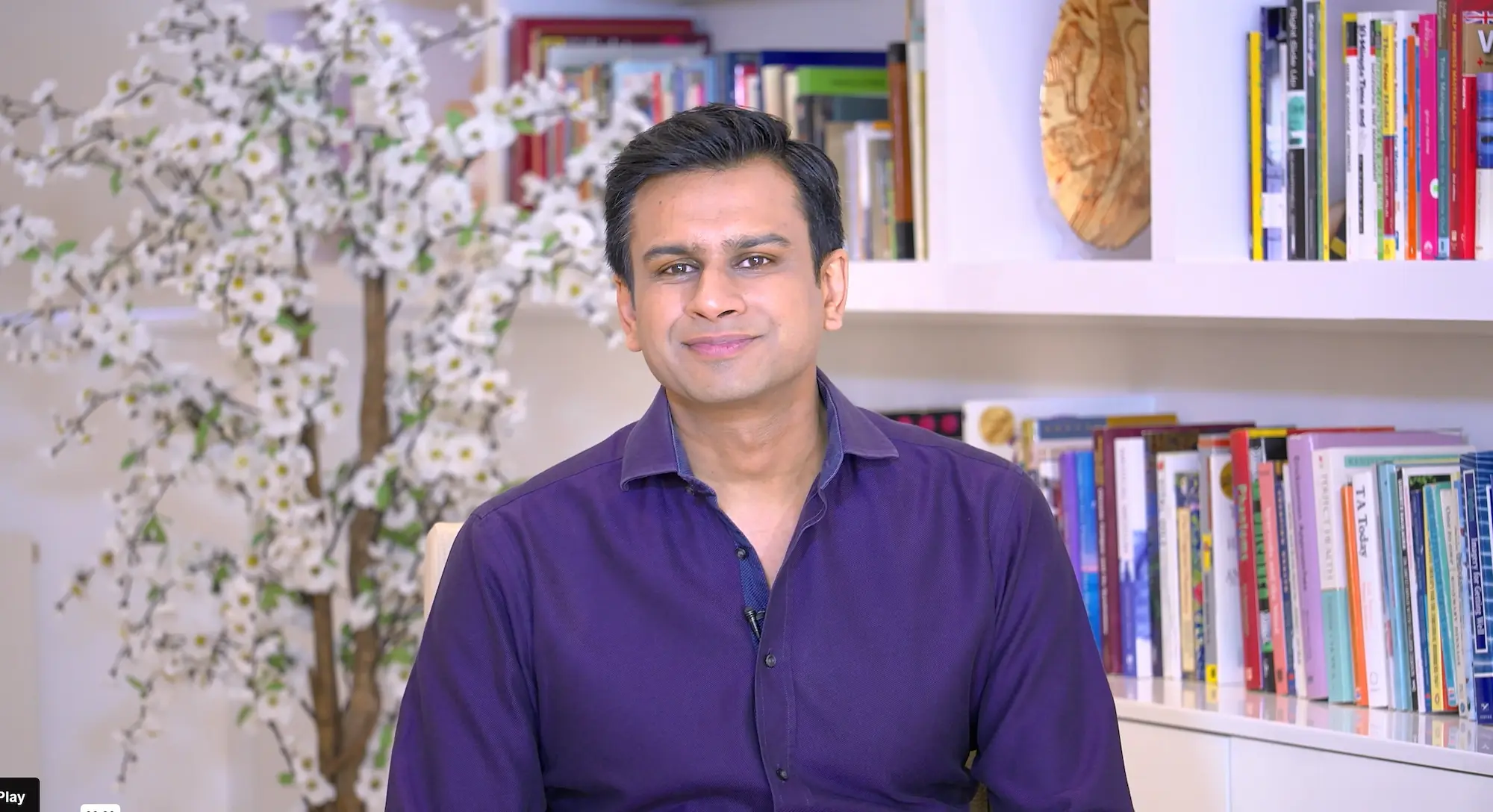Your Recovery From Drug Withdrawal Starts Here
Withdrawal symptoms can feel overwhelming – especially when support is limited and your body feels like it’s working against you. But thousands just like you have found real relief using our brain retraining approach.
Whether you’re coming off prescription medication, antidepressants, or other substances, recovery is possible – and you don’t have to do it alone.

Everything you need to know about Drug Withdrawal
- Definition
- Cause
- Treatment
Our approach is different
We address what’s really going on beneath the surface – helping your brain and nervous system shift out of survival mode. Using brain retraining, we tap into the power of neuroplasticity to restore calm, stability, and resilience.
This process:
- Calms your brain’s overactive alarm system
- Helps stabilise mood, sleep, and energy
- Rebalances your stress response
- Supports the nervous system to repair and reset
- Reduces sensitivity to triggers
- Builds trust and safety within your body again
By working with your brain – not against it – we create the conditions where true recovery can unfold. Gently. Naturally. At your own pace.

Recovery Stories
Across the world, people just like you, are using the power of their brains to heal their bodies. Hear their stories, see their success, and find inspiration for your own healing journey.
Rediscover the Health You Deserve Today
Start your healing journey today with our 28-day free trial - no credit card needed
Frequently Asked Questions
It’s not just the drug leaving your body – it’s your nervous system reacting to the sudden shift. Your brain has adapted to the presence of the substance, and when it’s gone, it can struggle to regain balance. This creates a kind of neurological panic, where everything feels heightened: emotions, sensations, even your thoughts. That’s why symptoms can feel “bigger than they should be” – and why calming the brain is such a vital part of healing.
Your symptoms are real, and they’re not imagined. Just because they’re rooted in the nervous system doesn’t make them any less physical. Brain retraining doesn’t dismiss what you’re feeling – it explains it. And it gives you tools to shift your system from “fight or flight” into calm, steady regulation, so your symptoms start to ease in a very real, embodied way.
When your nervous system is in a sensitised state, even minor input can feel overwhelming. This is part of what’s known as “kindling” – where the brain becomes overly reactive after withdrawal. Brain retraining helps lower this sensitivity by teaching your system to feel safe again in everyday situations. Over time, triggers lose their power and your baseline becomes more stable.
Withdrawal can leave you feeling betrayed by your own body – anxious, exhausted, and uncertain of what each day will bring. Brain retraining offers a path back to safety. By teaching your brain that the danger has passed, your body starts to respond with more ease, predictability, and calm. You can rebuild trust gently – one moment at a time.
You don’t need to have it all figured out before starting. The Gupta Program is designed to support people at every stage – whether you’re still tapering, pausing, or navigating long-term symptoms. Brain retraining can actually make the tapering process more manageable by reducing nervous system reactivity and supporting stability through every phase.
Yes. It’s common for new or unfamiliar symptoms to appear post-withdrawal – from strange sensations to mood swings or deep fatigue. This doesn’t mean you’re getting worse. It often means your nervous system is still dysregulated. The Gupta Program helps you respond to these symptoms with understanding rather than fear – giving your brain the conditions it needs to shift into recovery.























































